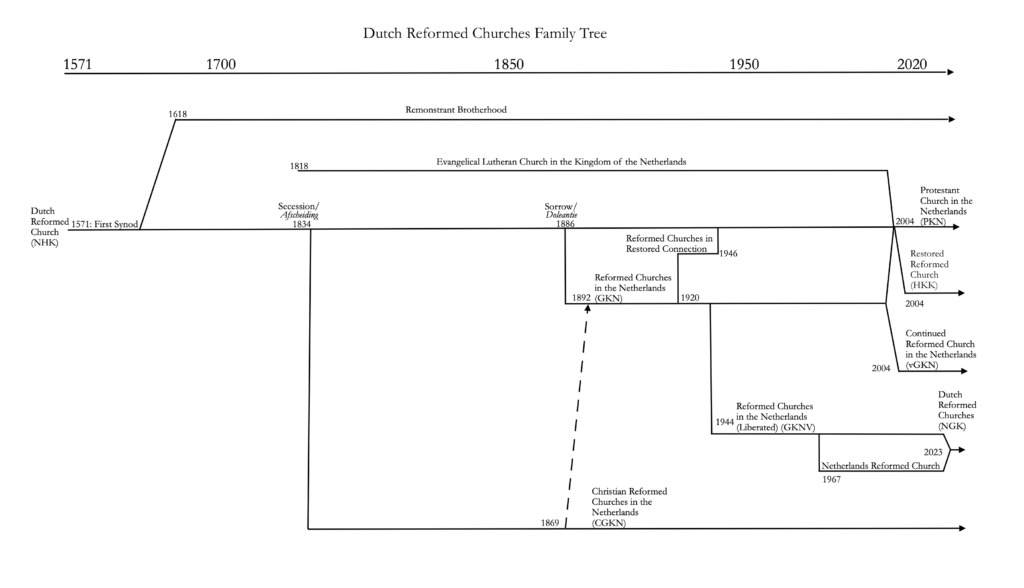Christ Our King: A Liturgical Recitation
Similar to “Christ Our Redeemer” I adapted Colossians 1:12-23 into a liturgical, corporate recitation for our church. I titled this “Christ Our King”. Our congregation has only been using this for about two years now, but it flows nicely and works well. The first two sentence are to be said by the minister, with the rest being recited by the congregation. You can find a copy of it below.
Let us give thanks to the Father, who has delivered us from the power of darkness and brought us into the kingdom of his dear Son.
In Christ, we have redemption through his blood, the forgiveness of sins:
He is the image of the invisible God, the firstborn of all creation.
By him all things were created:
Things in heaven and on earth,
things visible and invisible,
whether thrones or dominions or rulers or authorities
He is before all things, and in him all things hold together.
He is the head of the body, the church.
He is the beginning,
the firstborn from the dead,
preeminent in all things.
In him all the fullness of God was pleased to dwell,
to reconcile all things to himself in Christ
things visible and invisible, whether on earth or in heaven
things visible and invisible, making peace by the blood of his cross
And we, once sinners, estranged and hostile,
Jesus has now reconciled in his body by his death,
to present us holy and blameless and righteous before him,
if we continue in the faith, grounded and steadfast,
not moved from the hope of this gospel.
Amen.
Christ Our Redeemer
A few years back I identified a gap in Reformed liturgy: a lack of well-designed, corporate recitation that rehearses redemptive history with a focus on the saving work of Christ. Sure, some churches would recite the Westminster or Heidelberg catechisms, but those confessions were not crafted to be recited in the same way as the Apostles’ Creed. After considerable conversation with a number of pastors and theologians, I completed a draft of something that worked well. The problem I ran into was its title; something that is corporately recited is generally called a creed, but labeling it “The Redemption Creed” provoked dislike of the whole project from my friends and counselors.
So, when I introduced the recitation into my current congregation, I changed the title to “Christ Our Redeemer” without any other genre modifiers. In the Reformed tradition there are no prescriptions on corporate recitations of faith, so it does not function as a usurpation of either our church’s doctrine or the primacy of the Catholic creeds. It is part of the rotation of the confessions of faith our church makes before we come to the Lord’s Supper. And it works well: the rhythm and structure are conducive to corporate recitation, it’s a good length, and it reflects the core of the Orthodox Protestant tradition on redemption. You can find a copy of it below.
Interview With Fare Forward Published
Shortly after Easter this year, I took part in an interview roundtable hosted by Fare Forward and the nature and purpose of the church, especially in a post-pandemic world. The participants came from a variety of church traditions, and it was a lot of fun. The interview was just put online and will be in the forthcoming print issue of Fare Forward. Read it here.
Blog Updates and ESV Deficiencies
I made a change to the site last week, something I’ve put off for six (has it really been that long?!) years. I added a plugin so that all the Bible verses listed on the site can be hovered over and have the passage made visible. Alan Jacobs has pointed out that an important principle of blogging is making the blog as easy to read and use as possible, and this addition was clearly something that would assist in that.
Why did I hold off for so long? Partially because I didn’t want to commit to a specific translation on here, and had some hesitations about the English Standard Version, the translation I ended up using.
The ESV is a fine translation, but it makes some egregious errors in places and the instincts it follows to get there are bad. Now, I have no problem using the ESV or preaching from it…
Dutch Reformed Churches Family Tree
I previously uploaded my version of the American Presbyterian & Reformed Churches family tree, and decided to do the same for the Netherlands. I was unsatisfied with the Dutch tree I had found, and my growing interest in Dutch church history and its intersection with the American Reformed scene led me to create this (high quality link here). The tree is less busy than its American counterpart, but still interesting. One day I’ll do one for Scotland and England.

